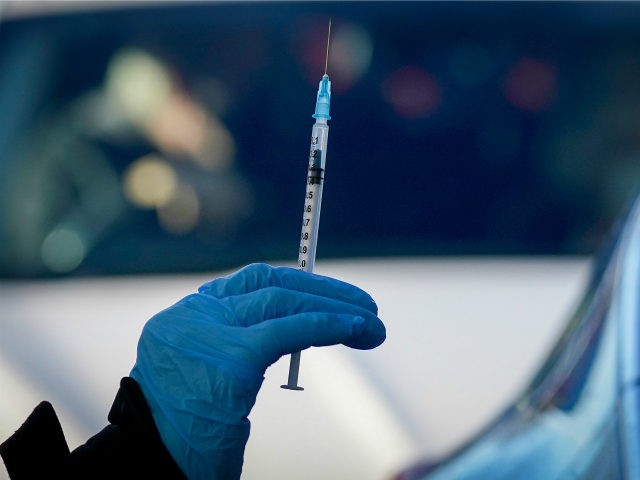Reuters reported Wednesday that Pfizer has asked the government of India for “faster regulatory clearance and freedom on pricing on exports” to begin manufacturing its coronavirus vaccine in India.
According to “two sources with direct knowledge of the matter,” Pfizer is again seeking permission to manufacture in India after withdrawing its initial application last month.
The drugmaker abandoned its first effort because India’s drug regulators would not allow it to bypass a local safety and immunogenicity study. Pfizer saw the study as an unnecessary hurdle because it had already completed comparable trials in the United States and Germany, and it evidently expected to encounter more regulatory hurdles.
India’s reluctance to grant Pfizer the emergency provisions it sought could have been related to the Serum Institute of India’s (SII) complaints about the U.S. blocking exports of materials needed to produce other coronavirus shots, such as India’s version of the AstraZeneca vaccine and India’s locally-designed vaccine alternative. On Tuesday, SII encouragingly stated that while some “bottlenecks” remain, it has secured enough supplies to continue manufacturing at its current capacity.
“U.S. drug companies want to produce vaccines in India under joint ventures. They want faster approvals for clinical trials and emergency authorization use. They fear the government will introduce price control policies,” said one of the sources, suggesting Moderna is also interested in manufacturing its coronavirus medicine in India.
“The Serum Institute of India, the world’s largest vaccine maker, is already bulk-manufacturing the Oxford University/AstraZeneca product and plans to start producing the Novavax Inc. shot from next month,” Reuters noted.
These renewed efforts to use India’s tremendous pharmaceutical manufacturing capacity to produce vaccines from American companies are coupled with a drive for more international investment in Indian manufacturing capacity.
The result could be a serious challenge to China’s dominance of the Southeast Asian vaccine market, where Beijing’s “vaccine diplomacy” has been seen as a qualified success. One of the major qualifications is lingering distrust among Southeast Asian populations for Chinese products, including well-founded concerns that all Chinese corporations are arms of the domineering Communist state.

COMMENTS
Please let us know if you're having issues with commenting.